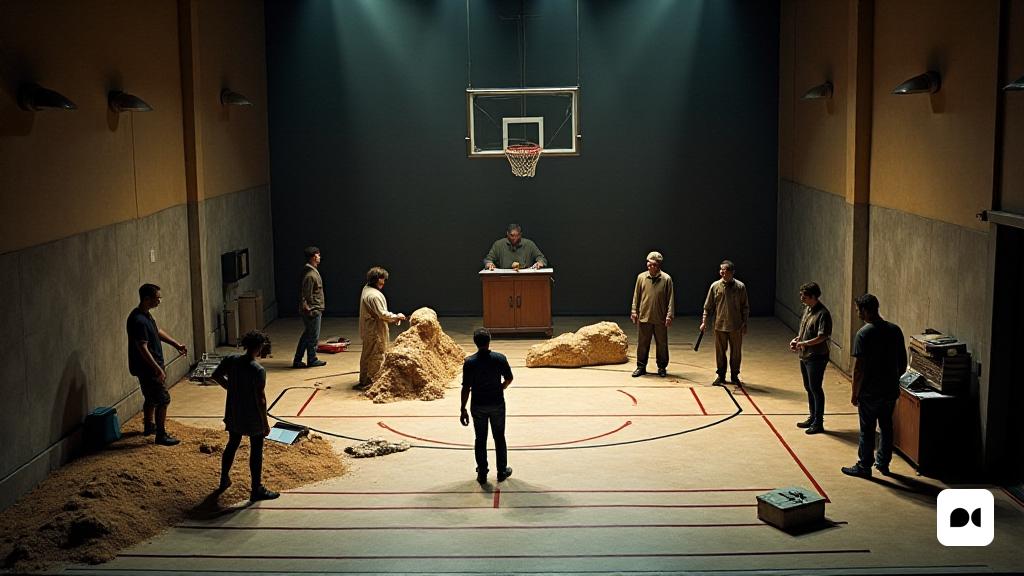The connection between Blanco and Catalonia
The Uruguayan writer Sergio Blanco has established a very special bond with Catalonia, and Girona occupies a prominent place in this relationship. His recent presentation of ‘Tierra’ at El Canal de Salt marks his seventh appearance at the Temporada Alta festival. ‘For me, autumn begins when I arrive in Salt’, Blanco shared during the debate that followed the function.
The singularity of ‘Earth’
‘Tierra’ is not just a work, but a deep reflection on the loss and impact of teachers in our lives. Inspired by the death of the author’s mother in 2022, the work is distinguished by its ability to merge personal investigation with an emotional ritual. Blanco avoids gratuitous sentimentality and instead presents a genuine tribute to her mother, Liliana Ayestarán, who was a literature teacher.
A portrait through testimonies
The narrative is constructed through the voices of two former students and a staff member of the high school, providing a rich and nuanced perspective on Liliana’s influence. Through their experiences, the audience can see how the imprints of their teaching endure.
A theater that defies perception
Blanco uses a combination of reality, fiction and artifice to explore the limits of theatre. The play begins with ‘Bad Guy’ by Billie Eilish, a detail that baffles the audience and creates a unique atmosphere. The high school gymnasium becomes the stage where the plot unfolds, and the central object—the mother’s diary—becomes a symbolic element that challenges our understanding of what is real.
Characters with depth
The characters that inhabit ‘Tierra’ are meticulously constructed. Each of them has a unique relationship with the author’s mother, from the perspective of the former student to the cleaner. Through these links, the figure of Liliana is revealed as an educator and an enduring influence.
The art of remembering and the ritual of mourning
The play, with its cerebral refrain, avoids overwhelming emotion and opts for a more subtle approach. The scenes of mourning and memory are presented with meticulous care, where every action has a deep meaning. Conversations about cleaning graves and caring for objects reveal a poetic sensibility that resonates with audiences.
Reflections on loss
One of the most powerful moments of the play is when Soledad Frugone reflects on the paradox of looking for the missing. This idea of returning to the earth with dignity becomes a common thread that unites the different testimonies and experiences.
An ending that invites reflection
Although the work may seem long and with a contained refrain, it is precisely in the moments where the line between reality and fiction is blurred that the most beautiful truths are revealed. The tears, both false and true, are a reminder of the greatness of the theater. In the ensuing debate, Blanco quoted St. Augustine, reminding us that words are the tool to connect with those who are no longer there.
With each new visit, Blanco reaffirms his connection with Catalonia, hinting that, with his art, he has found a second home in this land.

